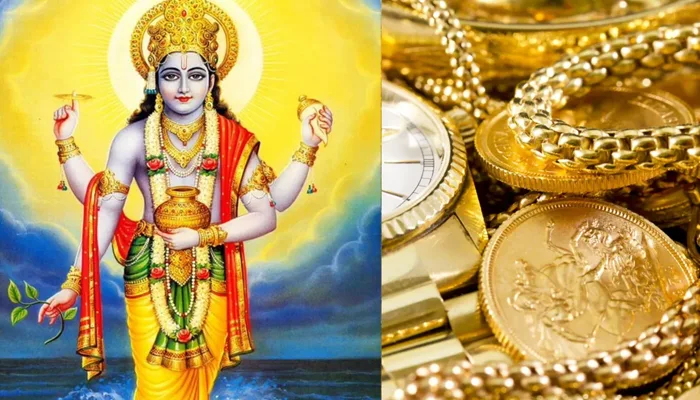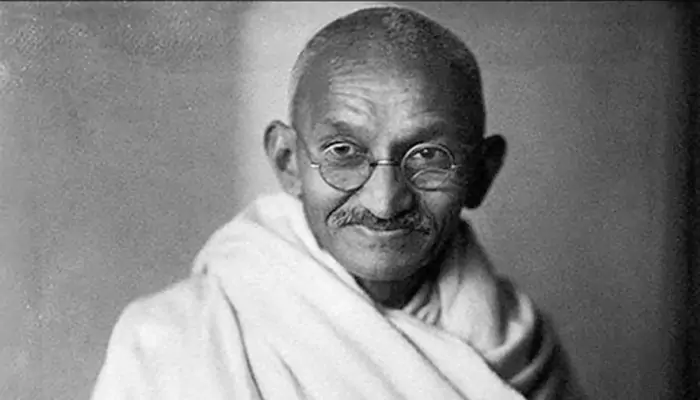Kiss Day Celebration: Surprising and Fun Facts About Kissing Worldwide
- Soham Halder
- 10 months ago
- 3 minutes read

Kissing, one of the most universal expressions of love and affection, transcends cultures, languages, and traditions.
The meaning and customs about kissing vary widely across the globe. On this Kiss Day, let’s explore some surprising and fun facts about kissing from around the globe.
The Science Behind a Kiss
Beyond just a romantic gesture, kissing triggers a charming chain of biological reactions. During kissing, human brain releases dopamine, oxytocin, and serotonin, the chemicals associated with bonding, and happiness. This can also lower stress levels while boosting your immune system. A short kiss can burn up to 2–3 calories, while a more intense one can burn around 26 calories per minute.
The Origin of Kissing
The history of kissing is yet unclear. Some researchers believe, kissing originated from early human behavior. In ancient times, mothers used to chew food and passed it to their infants mouth-to-mouth. Gradually, this act may have evolved as a display of affection. The earliest recorded mention of kissing dates back to ancient India in several Sanskrit texts from around 1500 BCE.

The Meaning of Kissing in Different Cultures
Different cultures have different meanings of kissing. For instance, in France, a kiss on both cheeks is a common way of greeting, it is acceptable among strangers too. Among many African tribes, kissing is not at all part of traditional customs. In several countries like Japan, kissing in public place is not acceptable as they believe affection should always remain private.
The Longest Kiss
The world record for the longest kiss was achieved by a Thai couple, Ekkachai and Laksana Tiranarat during a kissing competition held in Pattaya, Thailand in 2013. The duration was astonishing 58 hours, 35 minutes, and 58 seconds!
Remember, Where You are before Kissing in Public
A person should always think about the country he/she is currently in before kissing in public places. In United Arab Emirates and Indonesia, kissing in public is considered offensive or even illegal. While, kissing in public is common and widely accepted in many European and Latin American nations.

The Fear of Kissing – Philemaphobia
You might be surprised to know that some people suffer from a fear of kissing. This condition is called philemaphobia. It may stem from concerns about germs or past traumatic experiences. Meanwhile, several research has confirmed that kissing can strengthen the immune system.
Animals Kiss Too!
Humans are not the only ones who perform the act of kissing. Several animals also perform this affectionate behaviors. One of the closest primate relatives, Bonobos kiss to bond and resolve conflicts. Even dogs and cats display affection by licking, often compared to kissing.
Kissing Traditions on Weddings
Numerous wedding ceremonies across the globe include a kiss at the end of the vows. Historically, this tradition started in ancient Rome. At that time, kiss was a legal way to seal contracts like including marriages.
Beyond a romantic gesture, kissing has historical, cultural, and scientific significance. Be it a simple peck on the cheek or a passionate embrace, kisses express love, build relationships, and improve health too. So, celebrate this Kiss Day with a meaningful kiss to your loved ones and appreciate the magic behind this unique act of affection!









.webp)


